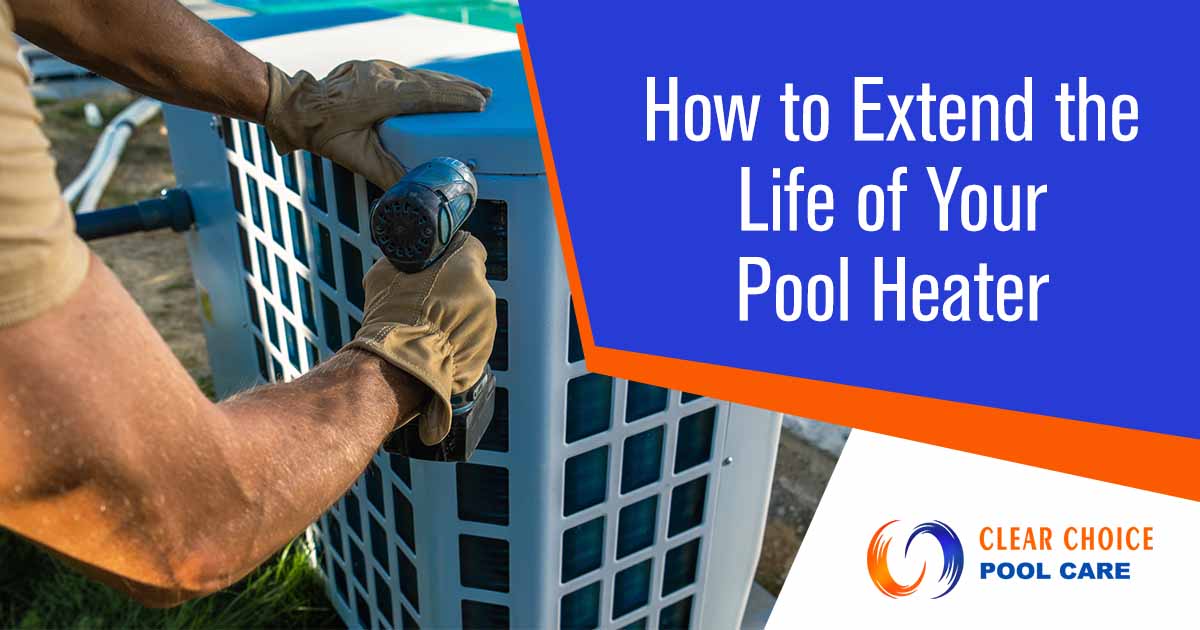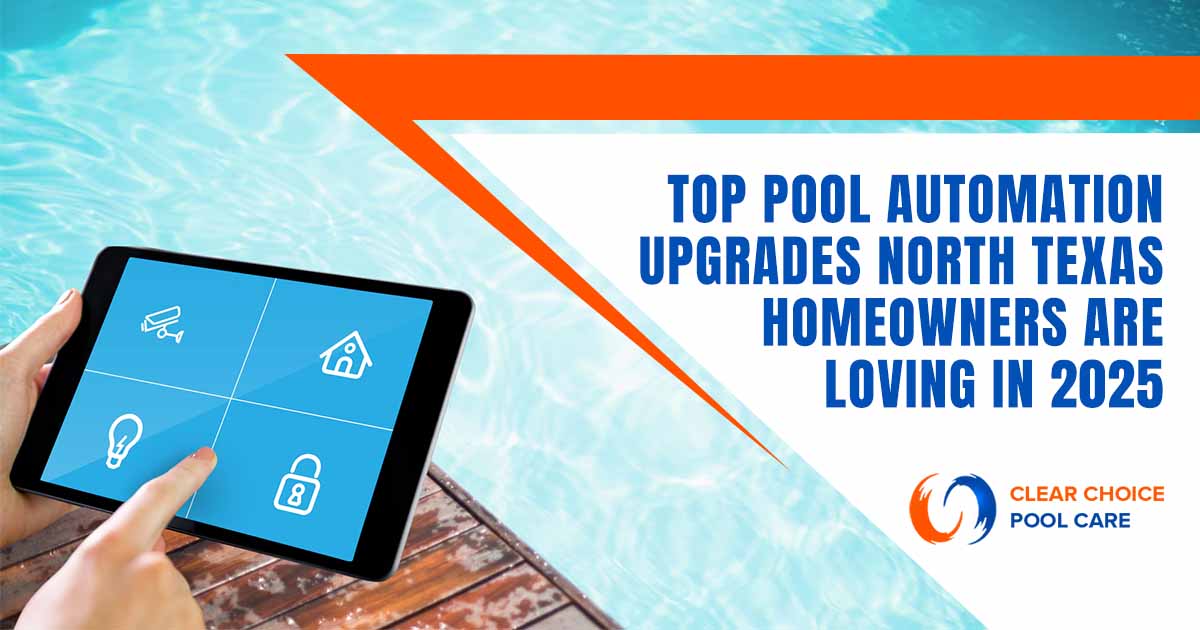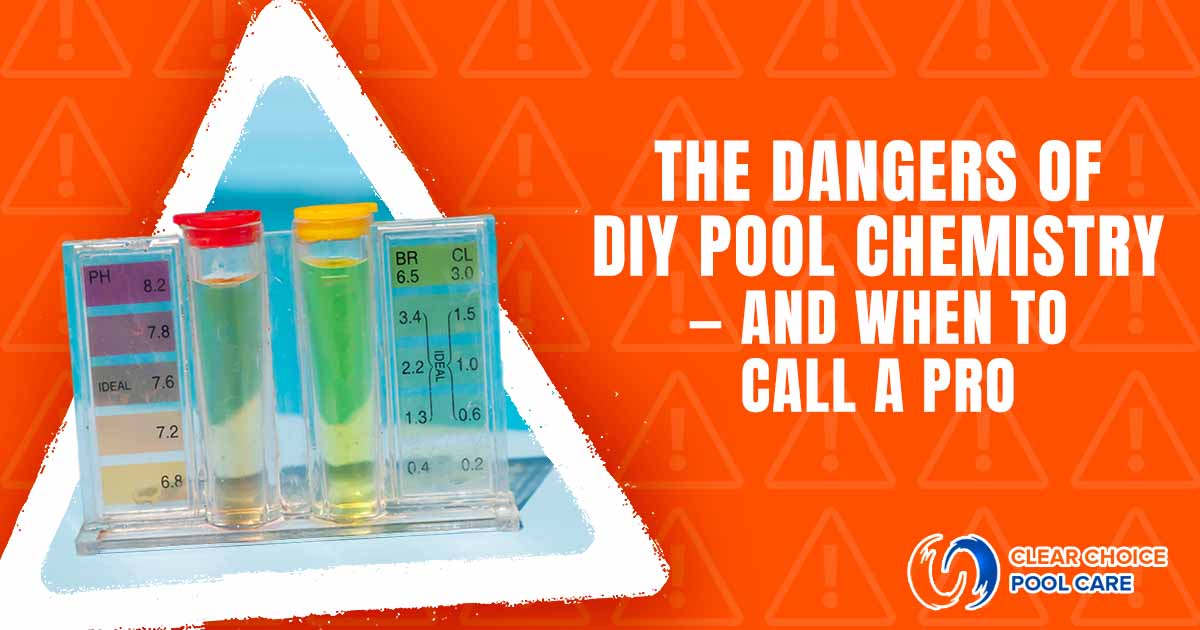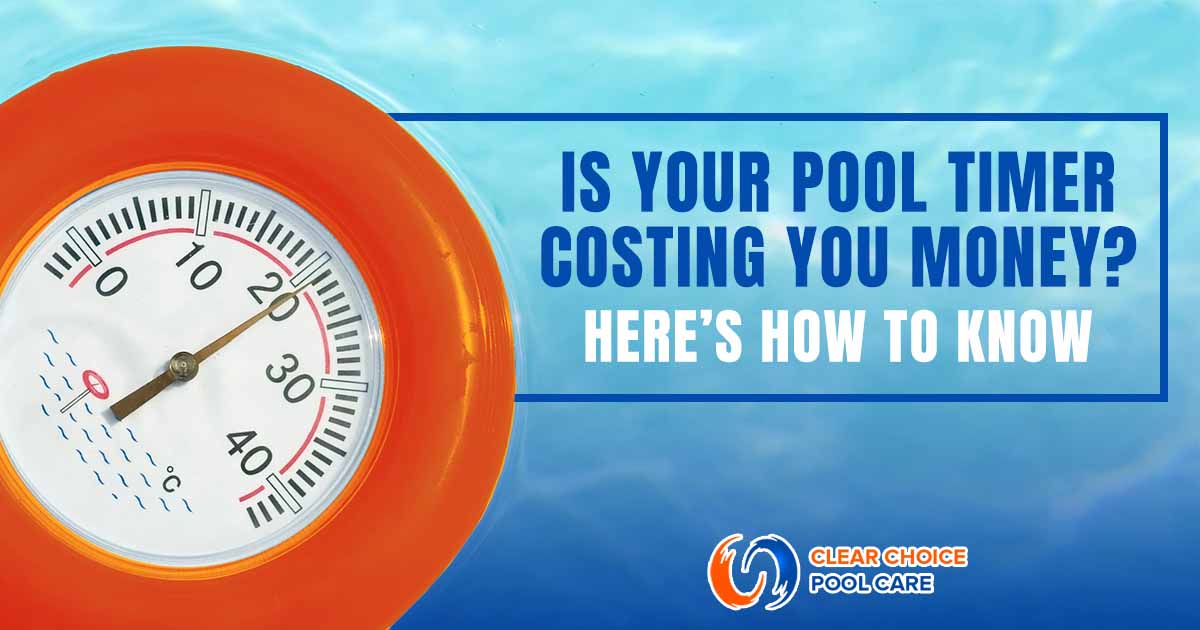Maintaining your pool heater ensures it performs efficiently and significantly extends its lifespan. Pool owners who practice proper maintenance and care can save money on energy bills, avoid costly repairs, and enjoy consistent heating for years. This guide covers actionable tips and insights to help you prolong the life of your pool heater, whether it’s a gas heater, heat pump, or solar heater.
Understanding Your Pool Heater’s Lifespan
What Affects the Average Lifespan of a Pool Heater?
The lifespan of a pool heater typically ranges from 5-10 years, depending on the type of heater and maintenance routine. Factors such as the quality of the unit, frequency of use, water chemistry, and climate can significantly impact its longevity.
- Gas Pool Heaters: Known for their rapid heating capabilities, gas heaters usually last around 5-7 years with proper care.
- Heat Pumps: These heaters, which rely on the refrigeration cycle, can last up to 10 years or more if maintained well.
- Solar Pool Heaters: Solar heaters are among the most durable, often lasting over a decade due to their more straightforward design and fewer moving parts.
Pool Heater Maintenance Tips for Longevity
Regular Cleaning to Prevent Debris Build-Up
Maintaining a clean pool heater is one of the most critical factors in extending its life. Over time, dirt, leaves, and debris can clog the system, reducing efficiency and causing wear and tear on components like the heat exchanger.
- Clean the Heat Exchanger: Regularly remove debris blocking airflow or water flow.
- Inspect the Filters: Clean or replace filters to maintain proper water circulation and pressure.
- Check for Corrosion: Monitor the heater for signs of rust or corrosion, especially in the heat exchanger and internal components.
Proper Water Chemistry and Its Role in Maintenance
Water chemistry plays a critical role in pool heater maintenance. Imbalanced water can lead to corrosion, scaling, and damage to the heater’s components.
- Maintain pH levels: Keep pH levels between 7.2 and 7.8 to prevent scaling and corrosion.
- Check Alkalinity: Ensure proper alkalinity to stabilize pH and protect the heater.
- Avoid Harsh Chemicals: Excessive use of chlorine or other chemicals can degrade parts like gaskets and seals over time.
How to Protect Your Pool Heater from Damage
Preventing Pool Heater Corrosion
Corrosion is a common issue for pool heaters, particularly in areas with high humidity or saltwater pools. Regular inspections and preventive measures can help mitigate this problem.
- Use a Corrosion-Resistant Heater: Consider upgrading to a heater with corrosion-resistant materials if you own a saltwater pool.
- Install a Sacrificial Anode: This small device helps protect your heater from rust and corrosion caused by electrolysis.
Proper Storage During Winter Months
If you live in a region with cold winters, storing your pool heater properly during the off-season is crucial to avoid damage.
- Turn Off Power and Gas Supply: Ensure the heater is completely turned off before storage.
- Drain the Water: Empty all water from the heater to prevent freezing and cracking of internal components.
- Cover the Heater: Use a weatherproof cover to protect the unit from moisture, debris, and pests.
Improving Pool Heater Efficiency
Maintaining Optimal Pool Temperature
Keeping your pool at an optimal temperature reduces strain on the heater and saves energy. Most pool owners aim for a water temperature between 78 °F and 82 °F, depending on usage and climate.
- Use a Solar Cover: A solar cover reduces heat loss, allowing the heater to operate less frequently.
- Monitor Temperature Settings: Avoid setting the thermostat too high, as this increases energy consumption and wear.
Energy-Efficient Pool Heater Tips
Improving your pool heater’s efficiency extends its life and lowers heating costs.
- Regular Maintenance: Schedule routine inspections and servicing to ensure all components, including thermostats and pressure switches, function properly.
- Check for Leaks: A leaking pool heater reduces efficiency and can cause long-term damage.
- Upgrade to Energy-Efficient Models: Consider replacing older units with energy-efficient models like heat pumps or solar heaters.
Signs Your Pool Heater Needs Repairs
Common Issues and How to Troubleshoot Them
Pool heaters may develop problems over time, but identifying issues early can save you from expensive repairs or replacements.
- Poor Heating Performance: Check for proper water flow and clean clogged filters.
- Unusual Noises: Rattling or banging sounds could indicate loose components or debris in the heater.
- Frequent On/Off: Cycles may signal a malfunctioning thermostat or pressure switch.
When to Call a Professional
While DIY repairs are possible, a qualified maintenance and repair technician should handle issues involving electrical parts, gas connections, or the heat exchanger.
Preventing Costly Repairs and Replacements
The Importance of Regular Inspections
Routine inspections can help identify and resolve minor issues before they escalate. Schedule annual maintenance with a professional to check for signs of wear and tear, leaks, and other potential issues.
Understanding Warranty Coverage
Review your pool heater’s warranty to understand what repairs or replacements are covered. Regular maintenance may be required to keep the warranty valid.
Contact Clear Choice Pool Care for Expert Pool Heater Maintenance
To ensure your pool heater operates efficiently and lasts for years to come, trust the professionals at Clear Choice Pool Care. Regular pool maintenance and timely repairs are essential to avoid costly issues and maximize your pool heater’s lifespan.
Call us today at (214) 995-3556 to schedule an inspection or service appointment. Whether you need expert advice, routine care, or professional repairs, we’re here to help. Learn more about our pool heater repair services. Let us keep your pool heater in top condition so you can enjoy a comfortable swim all year round!





